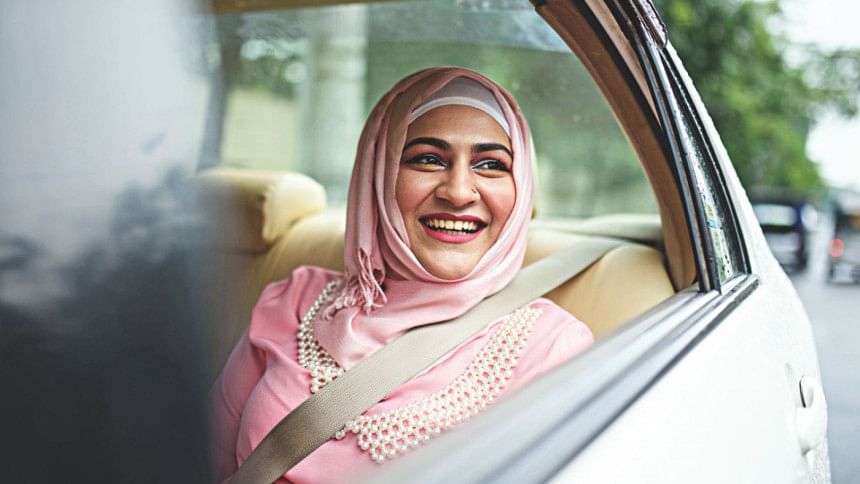Make transportation women-friendly

While we talk about how uncomfortable and frustrating Dhaka’s transportation system is, we place minimum emphasis on the plight of female citizens commuting around the city. Women represent 51% of the population in Bangladesh and according to a study by Action Aid, it was found that 21% of the public transport users are women. A very heartbreaking fact is that majority of these women travelling in public transport have been victims of sexual, physical or verbal harassment. On March 2016, Population Service and Training Center (PSTC), ActionAid Bangladesh and Work for a Better Bangladesh (WBB) Trust jointly organised a view exchange meeting to reveal these facts. In any given situation, women in our city, irrespective of their age or social standing feel insecure, if not unsafe, to travel alone after sunset. Think tanks devote extensive amounts of time and resources to address the issue of decongestion and reliable transportation but often miss the importance of focusing on women’s safety.
Moves by government bodies to make public transport friendlier to women have been small but significant to address this issue. To tackle the pressing problem of inconsiderate individuals taking up reserved seats for women, children and physically challenged, a law had been passed in March 2017 to make it a criminal offence. BRTA, in a continuous effort, so far has engaged 1.5 lakh bus drivers in soft skills training that also addressed fair treatment of female passengers. Bangladesh Road Transport Corporation (BRTC) operates 17 buses exclusively for women and plans to expand the fleet to address the dire need for reliable and female-friendly public transport.
Women who commute at night usually have to take help from their male friends, colleagues or kin, because they feel unsafe alone. Because the society is still governed by the taboo: women are not safe alone at night; families feel safer when the woman goes out in care of a male companion. Although mindsets are changing now, the number still remains insignificant. Just because of safety concerns surrounding commuting alone, many families discourage women from working late hours, or from joining a university of her choice just because it is far away and there is nobody to pick up and drop her.
While these remained a problem for generations, we should not forget that life is changing; and so are the needs and demands. Thus it's high time now that we let go off these taboo and embrace the change for a society that works for progress for women. But how? Technological solutions like ride-sharing services can be an easy solution. While women feel unsafe and uncomfortable travelling in CNG-run auto-rickshaws or public buses, ride-sharing services are much safer, convenient as well as female friendly.
Still many women feel unsure about ride-sharing, but the concerns are minimal compared to the benefits. Currently in Dhaka ride-sharing is much safer than any other modes of transportation, because of the technology it uses. For example, in every app, before a request is placed, the customer can get some important information that can assure the rider of her safety. In other words, the app gives information on the driver partner, including their name and contact details, the car registration number, the number of rides that particular driver partner has taken and a rating. Therefore, with these information, it is easier for a customer to feel safe and assured about both the trip and the driver partner. Uber being the pioneer of ride-sharing has been perfecting all these features to create a sense of safety in any given situation. When Uber launched in Dhaka, it revolutionised the way women moved on their own. Many other local service providers followed suit, creating a robust supply of on-demand transportation.
Gone are the days of depending on male counterparts for pick and drop, or not going out just because of the unavailability of a chauffeured family car. Now, even if a crisis strikes at 3 o'clock in the morning, all a woman needs to do is tap on the app, and request a ride – and a car will be at her doorstep. Other than on-demand transportation, initiatives like public dialogue is shaping up public transportation facilities in favour of women. Things are finally moving in the right direction with the help of technology. and a clear governmental focus on women when creating and implementing transport policy.

 For all latest news, follow The Daily Star's Google News channel.
For all latest news, follow The Daily Star's Google News channel. 



Comments